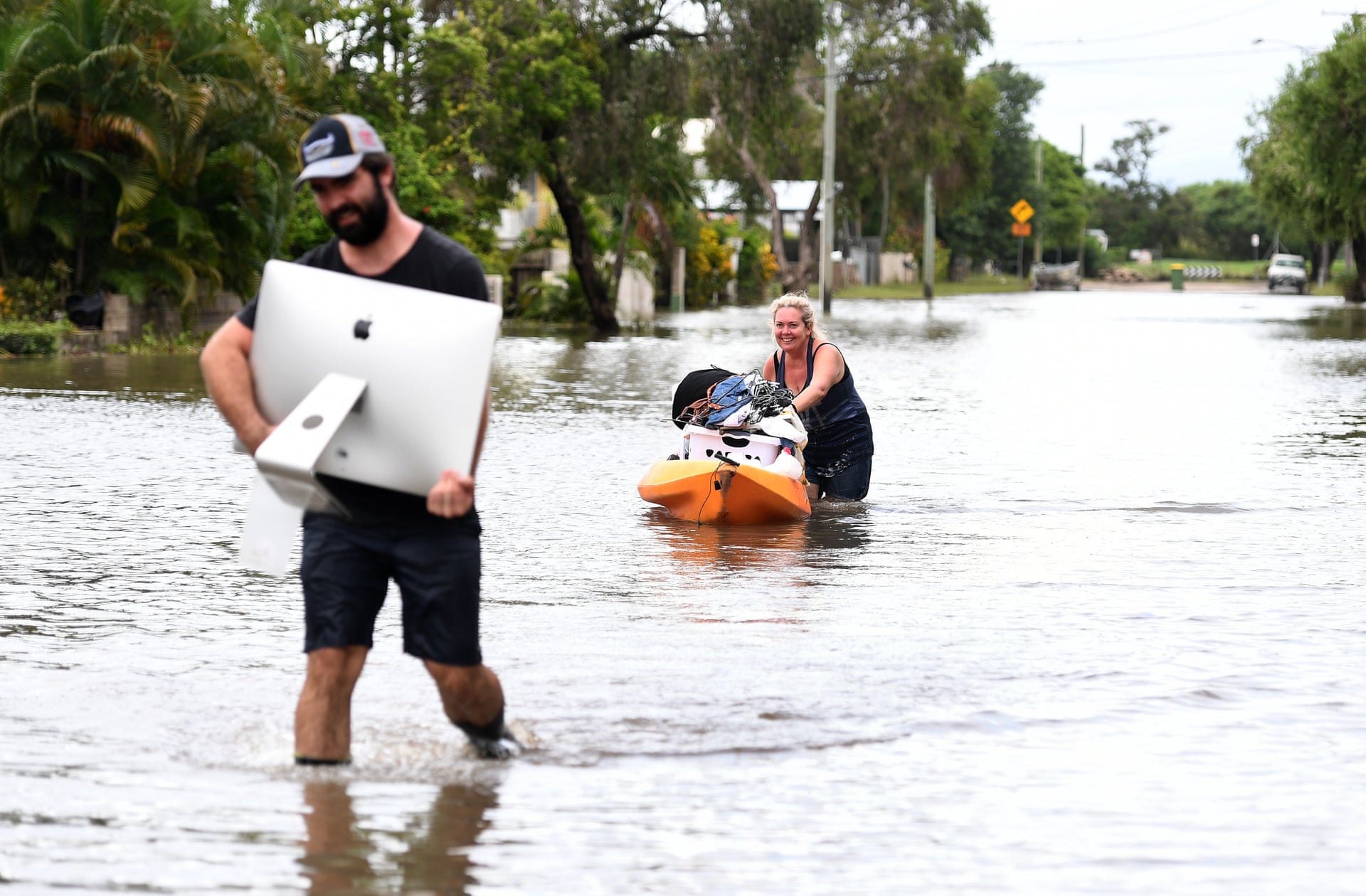The futures of digital systems within the environmental crisis
This website gathers all teaching materials for the students of Sciences Po Paris, École d'Affaires Publiques attending the class The futures of digital systems within the environmental crisis
These materials where initially developed by Gauthier Roussilhe for the students of Sciences Po Paris, École d'Affaires Publiques (2023-2025) and for the Master Governing Ecological Transitions in European Cities. See the Original version.

Course description
Firstly, a general overview of the materiality of digital infrastructures will be presented, both through field observation and lectures. The aim is to provide a solid foundation of what is needed to manufacture, deploy, use and dispose of digital systems. The specific changes that AI is bringing to the materiality of the ICT value chain will be the subject of a dedicated session. Secondly, we will examine how to manage the environmental impacts of the digital sector through assessment approaches at multiple scales. This aims at giving students a literacy that will help them navigate complex discourses. Thirdly, the course will explore possible futures for ICT in a sustainable world. Case studies will be delivered through lectures, serious games and by the students through their collective projects. This last part aims at providing students with strategic and planning capabilities regarding digitalization in an increasingly constrained world.
To be alive right now is to find ourselves flattened against the fact that the entire human world—our cities and infrastructure, our economy and education system, our farms and factories, our laws and politics—was built for a different planet. Our understandings of how things work—the assumptions we’ve taken for granted, the experiences we’ve acquired, the skills we’ve learned—no longer offer good guidance for the chaos unfolding around us. Discontinuity surrounds us. While this is certainly true for physical systems, it’s actually even more true for our societies as a whole. Nothing is as it was. (Alex Steffen, Discontinuity is the job)
Course structure
This course is divided in 12 sessions of two hours each throughout the first half of the year.
Validation mode
First, this course will be evaluated on a collective project (70%). Based on the theoretical and practical knowledge given during the course, students will make a proposal to assess the environmental impacts of a given infrastructure and a given digital technology deployed in a specific context (city, county, etc.), and its compatibility with transition policies. Second, a short individual essay (2 pages max) will also be graded (20%). Finally, participation and engagement will count for 10% of the final grade.
Teacher
David Ekchajzer is a PhD student at Paris-Saclay, specialising in the environmental impacts of digital technologies. His research adopts an interdisciplinary approach, integrating insights from both social sciences and engineering science for the environment. David is also the co-founder of Hubblo, an engineering office supporting companies and institutions in understanding and assessing the environmental impacts of digital services and infrastructure drawing on academic and institutional research in collaboration with key players such as ADEME.
His academic work explores how environmental accounting norms for digital technologies are being negotiated to represent the environment in a particular way for the ICT sector.
Email: david.ekchajzer@sciencespo.fr
Licence

This work is made available under the terms of the Creative Commons Attribution - Noncommercial - Share Alike 4.0 International License.
Original version made by Gauthier Roussilhe under the same licence.